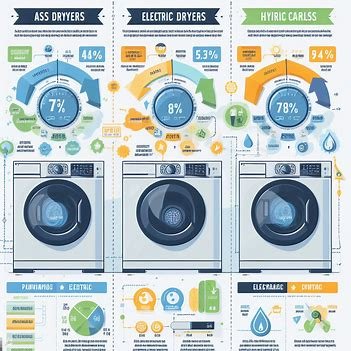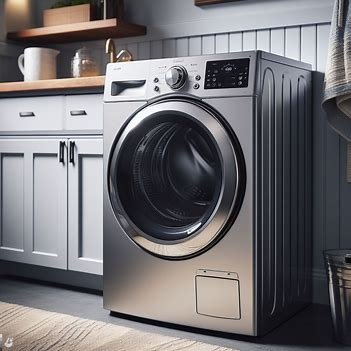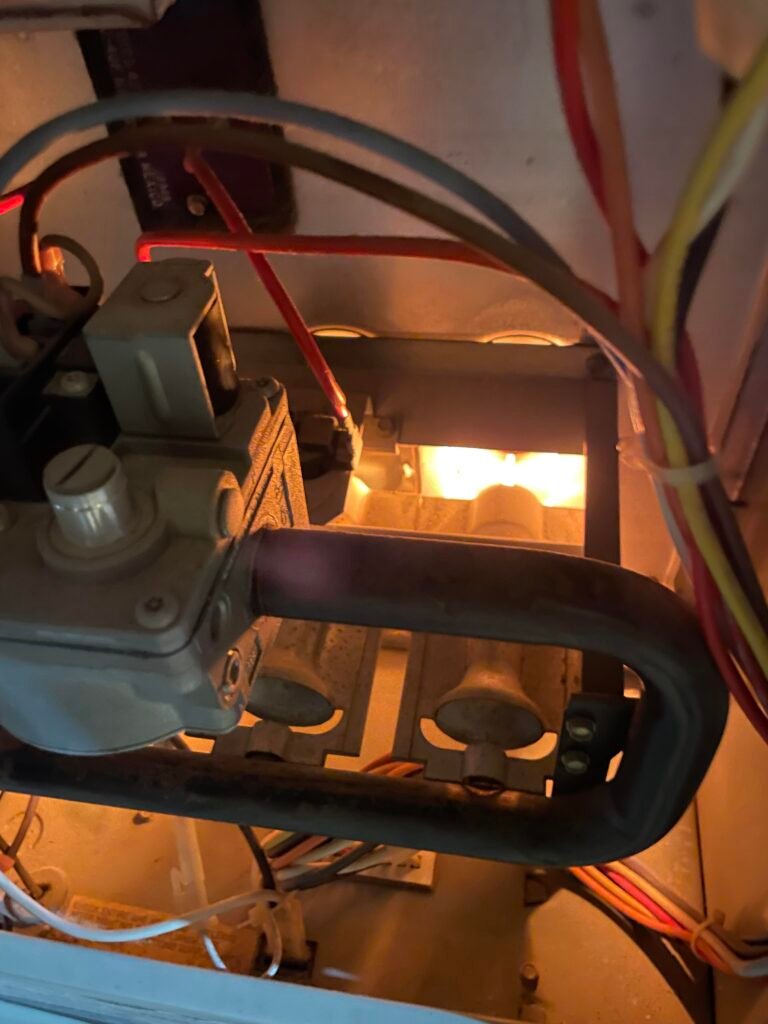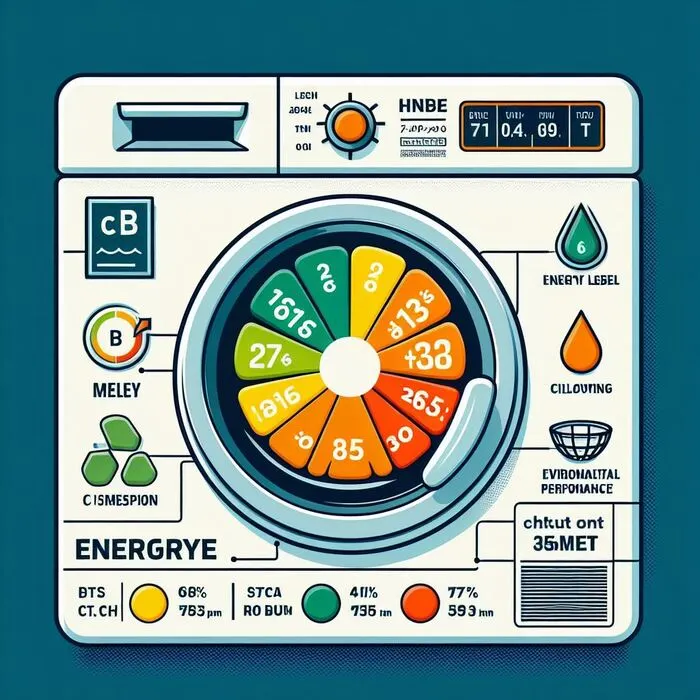Gas Dryer Lifespan: Factors, Maintenance, and Replacement
Gas dryers have become a staple in households, offering a cost-effective and efficient way to dry clothes. Like all appliances, gas dryers have a finite lifespan. Understanding the factors that influence their longevity, proper maintenance practices, and knowing when it’s time for a replacement are crucial for getting the most out of this essential home appliance.
what is Gas Dryer Lifespan?
The lifespan of a gas dryer can vary depending on factors such as usage, maintenance, and the quality of the appliance.
How long can a gas dryer last?
The lifespan of a gas dryer typically ranges from 10 to 15 years.
what are the Factors Affecting Gas Dryer Lifespan?
The lifespan of a gas dryer typically ranges from 10 to 13 years. Several factors contribute to the variation in longevity:
- Usage: The frequency of use significantly impacts the lifespan. Regular, heavy use can lead to quicker wear and tear.
- Maintenance: Regular maintenance plays a vital role. Simple tasks like cleaning the lint trap after every load and checking for wear and tear can extend the dryer’s life.
- Quality: The build quality of the dryer matters. A well-made dryer is generally more durable and likely to outlast a cheaper alternative.
How to Extend the Lifespan of Your Gas Dryer?
To maximize the lifespan of your gas dryer, adopt these practices:
- Clean the lint trap: After each load of laundry, clear the lint trap to ensure proper airflow.
- Check the dryer vent: Regularly inspect and clean the dryer vent to prevent lint buildup, reducing the risk of fire hazards.
- Inspect for wear and tear: Periodically examine the dryer for signs of damage, such as loose belts, frayed wires, or worn-out parts.
- Professional servicing: Schedule regular professional maintenance to address potential issues before they escalate.

what are the Signs That Your Gas Dryer is at the End of Its Lifespan?
Knowing when your gas dryer is on its last legs is crucial for timely replacement:
- Extended drying times: If your dryer takes noticeably longer to dry clothes, it may be a sign of declining efficiency.
- Unusual noises: Strange sounds during operation could indicate motor or component issues.
- Poor heating: Inadequate heating is a serious concern, potentially signaling a gas leak.
When to Replace Your Gas Dryer?
Promptly replacing your gas dryer when it reaches the end of its lifespan is essential for safety and cost-efficiency:
- Safety hazard: A malfunctioning dryer can pose safety risks, especially if it’s not heating properly or showing signs of wear.
- Operational costs: Inefficient dryers may cost more to operate due to increased energy consumption.

Exploring Gas Dryer FAQs
Gas dryers are essential appliances in many households, offering efficient clothes drying. Understanding their functionality, potential issues, and safety considerations is crucial for optimal usage.
Do Gas Dryers Have a Pilot Light?
One common query is whether gas dryers have a pilot light. The answer can be found Do Gas Dryers Have a Pilot Light. It provides insights into the ignition system of gas dryers and whether a pilot light is part of the process.
How Does a Gas Dryer Work?
For a comprehensive understanding of how a gas dryer operates, check out this How Does a Gas Dryer Work. It breaks down the mechanics, explaining the role of gas in the drying process.
Do Gas Dryers Need to Be Vented?
Venting is a crucial aspect of gas dryer functionality. Learn more about whether gas dryers need to be vented Do Gas Dryers Need to Be Vented. Proper venting ensures the safe release of gases generated during the drying cycle.
Troubleshooting: Gas Dryer Smells Like Gas
Encountering a gas smell from your dryer, whether gas or electric, raises concerns. Find solutions for both types, including electric dryers, in this Electric Dryer Smells Like Gas and specifically for gas dryers Gas Dryer Smells Like Gas.
How to Disconnect a Gas Dryer Safely
If you need to disconnect your gas dryer, follow the steps outlined How to Disconnect a Gas Dryer Safely. It provides a guide to ensure a safe and proper disconnection process.
Addressing Gas Dryer Issues: Not Igniting and Overheating
For troubleshooting common issues like a gas dryer not igniting, refer to this gas dryer not igniting. Additionally, if your gas dryer is overheating, find solutions gas dryer overheating.
Gas vs. Electric Dryer: Making the Right Choice
Choosing between a gas and electric dryer is a common dilemma. Compare the two in terms of efficiency and cost in this Gas vs Electric Dryer.
Gas Dryer Safety: Carbon Monoxide Concerns
Understanding the potential risks, such as carbon monoxide exposure, is vital for gas dryer users. Delve into safety considerations Gas Dryer Carbon Monoxide.
Dealing with a Dryer Not Drying Clothes
If your dryer is not effectively drying clothes, explore solutions Dryer Not Drying Clothes. It covers common issues and troubleshooting tips to restore optimal drying performance.
In summary, gas dryers offer efficient drying, but proper understanding, maintenance, and troubleshooting are essential for their longevity and safe operation.
Conclusion
Gas dryers are valuable appliances that simplify our lives. By understanding the factors influencing the Gas dryer lifespan and adopting proper maintenance practices, you can extend their usability. Recognizing signs of a declining dryer and replacing it when necessary ensures a safe and cost-effective laundry experience. Keep in mind that quality and care contribute significantly to the longevity of your gas dryer.







